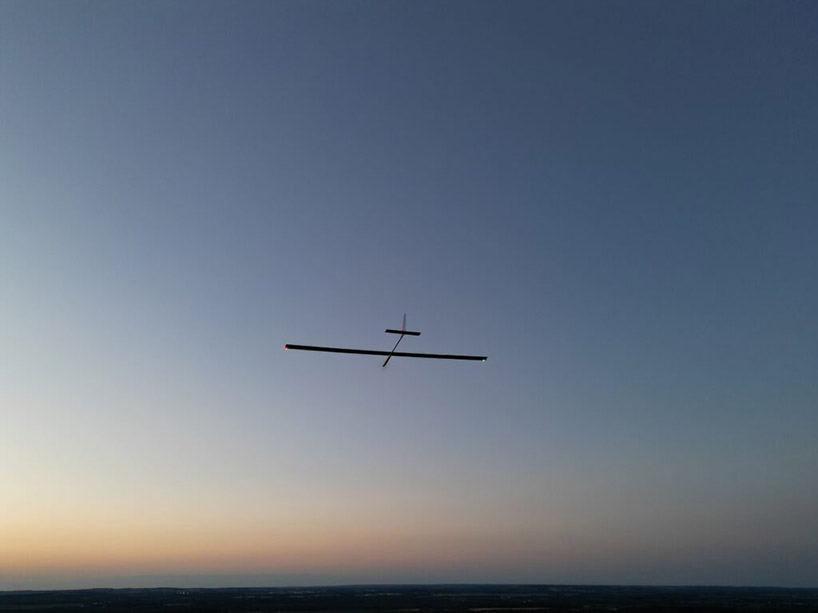TMU professor lands partnership with Environment and Climate Change Canada

Professor Goetz Bramesfeld, along with TMU alumni and founders of Superwake, built a solar-powered aircraft to monitor caribou in collaboration with Environment and CIimate Change Canada
Aerospace engineering professor Goetz Bramesfeld has secured a two-year partnership with Environment and Climate Change Canada to survey the natural habitats of woodland caribou using a solar-powered aircraft.
Using Bramesfeld’s Clean Renewable Energy Aerial Test Vehicle (CREATeV) to monitor wildlife gives Environment and Climate Change Canada unprecedented access to collect data and make important decisions for natural resource extraction and land management.
“The existing method, helicopters or crewed aircraft, is fairly expensive and intrusive with a certain amount of risk embarked for the crews,” said Bramesfeld. “[Our] aircraft is electric, it can fly as low as 100 metres and animals are oblivious because it’s silent.”
Bramesfeld has been building unmanned aerial vehicles and researching their abilities for over fifteen years. He, along with a group of Toronto Metropolitan University (TMU) graduate students who founded a startup called Superwake (external link) , have been using the aircraft to monitor moose, foxes and rabbits without disruption for hundreds of hours. The aircraft has a wingspan of just over six metres and weighs about 12.5 kilograms and is constructed primarily of carbon fibre/fibreglass laminates for their light weight and high strength.
Bramesfeld says that solar power is a good addition to batteries since batteries tend to lose performance in cold weather whereas solar cells perform better in the cold. “With solar power, the aircraft has enhanced endurance, increasing flight times from three hours to eight hours.”
The two-year project with Environment and Climate Change Canada is receiving over $700,000 in funding support from the Natural Sciences and Engineering Research Council of Canada’s (NSERC) Alliance Missions program.
In addition to his partnership with Environment and Climate Change Canada, Bramesfeld and students at TMU have been preparing to record the longest-ever flight by an unmanned and solar-powered aircraft. The team initially recorded flight times of five hours and by July 2022, they were able to increase the time significantly, recording a 32-hour flight. They hope to lengthen the flight time significantly in the future, with test flights planned for Southern California. The current record for an unmanned flight is 64 days and Bramesfeld believes his team could potentially break it using the smaller aircraft designed at TMU.
For more information on Bramesfeld, visit his Applied Aerodynamics Laboratory of Flight.